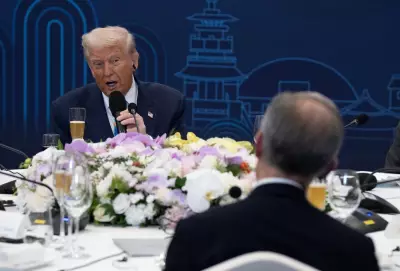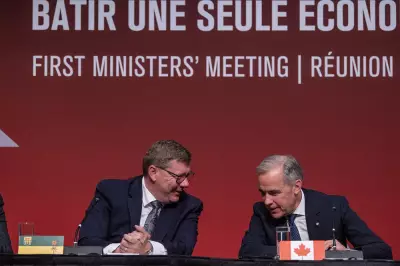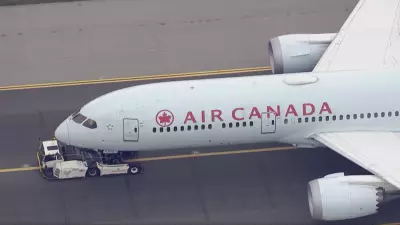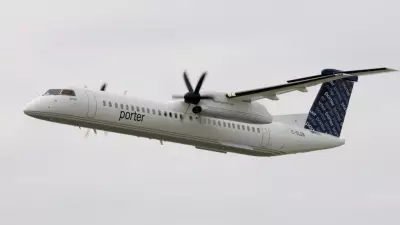
A new column is raising eyebrows by alleging that the federal government is deliberately acting to keep beef prices high for Canadian consumers. The controversial claim suggests a calculated move by policymakers that could have significant repercussions for household budgets across the country.
The Core Allegation
The central argument, presented in a recent piece, posits that the federal government has mechanisms in place aimed at maintaining elevated beef prices. While the specific policy tools were not detailed in the available promotional text, the accusation points to a deliberate strategy rather than market forces alone being responsible for the cost of beef at the checkout counter. This comes at a time when many Canadians are already grappling with increased costs for various food items.
Context and Consumer Impact
If these allegations hold true, the implications for Canadian consumers are substantial. Beef is a staple protein for many families, and artificially sustained high prices would place additional strain on household finances. The report was published on November 21, 2025, and has sparked a conversation about food affordability and government intervention in agricultural markets. Understanding the reasoning behind such a policy, should it exist, is crucial for public discourse.
Broader Implications and Public Reaction
This accusation lands amidst ongoing public concern over the cost of living. The claim that a basic grocery item is being kept artificially expensive by design is likely to draw criticism from consumer advocacy groups and opposition politicians. The situation underscores the complex interplay between federal agricultural policy, economic indicators, and the day-to-day reality for shoppers. Further investigation and transparent communication from officials will be necessary to address these serious claims.
The debate over food pricing is far from over, and this latest report adds a provocative new layer to the conversation about who benefits from current policies and who ultimately bears the cost.






